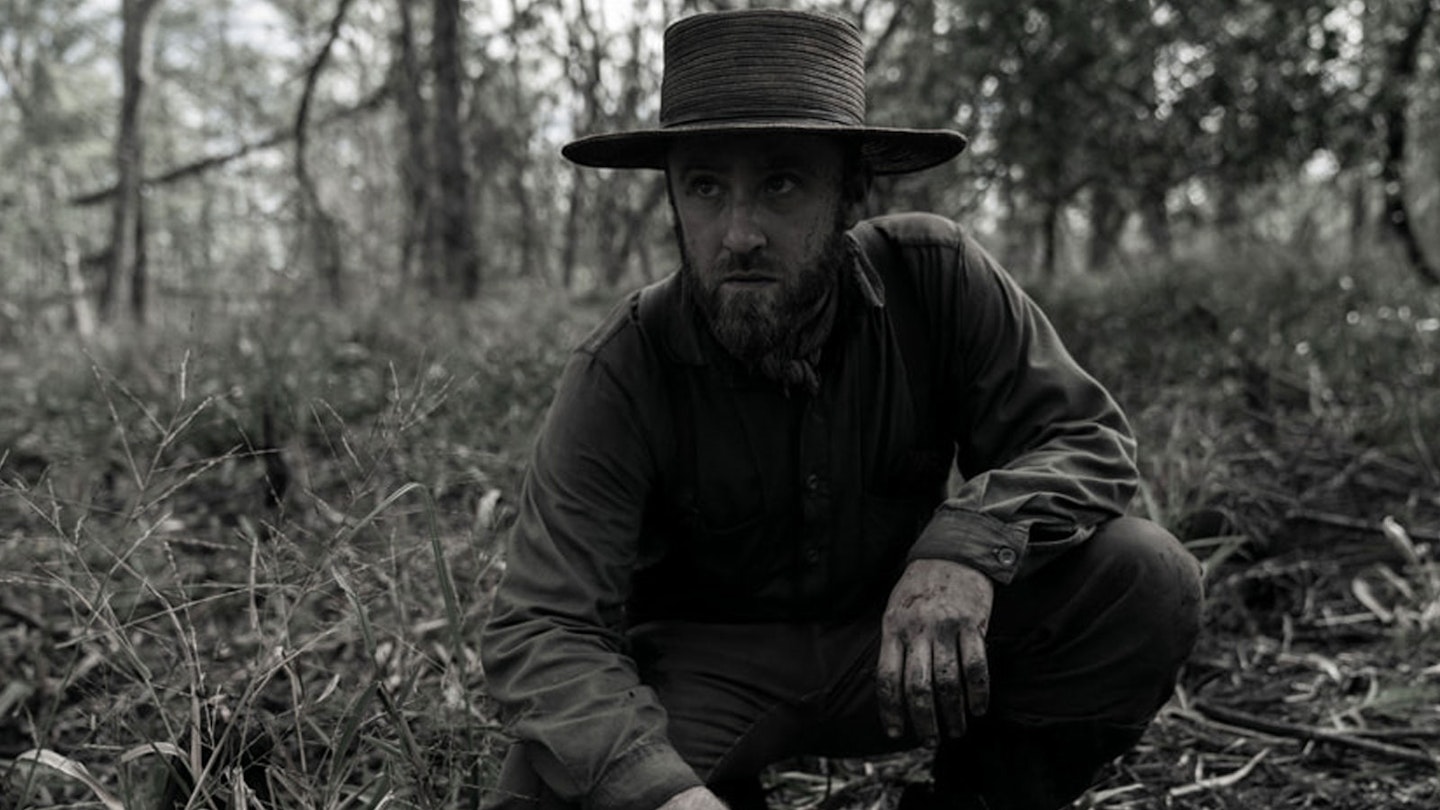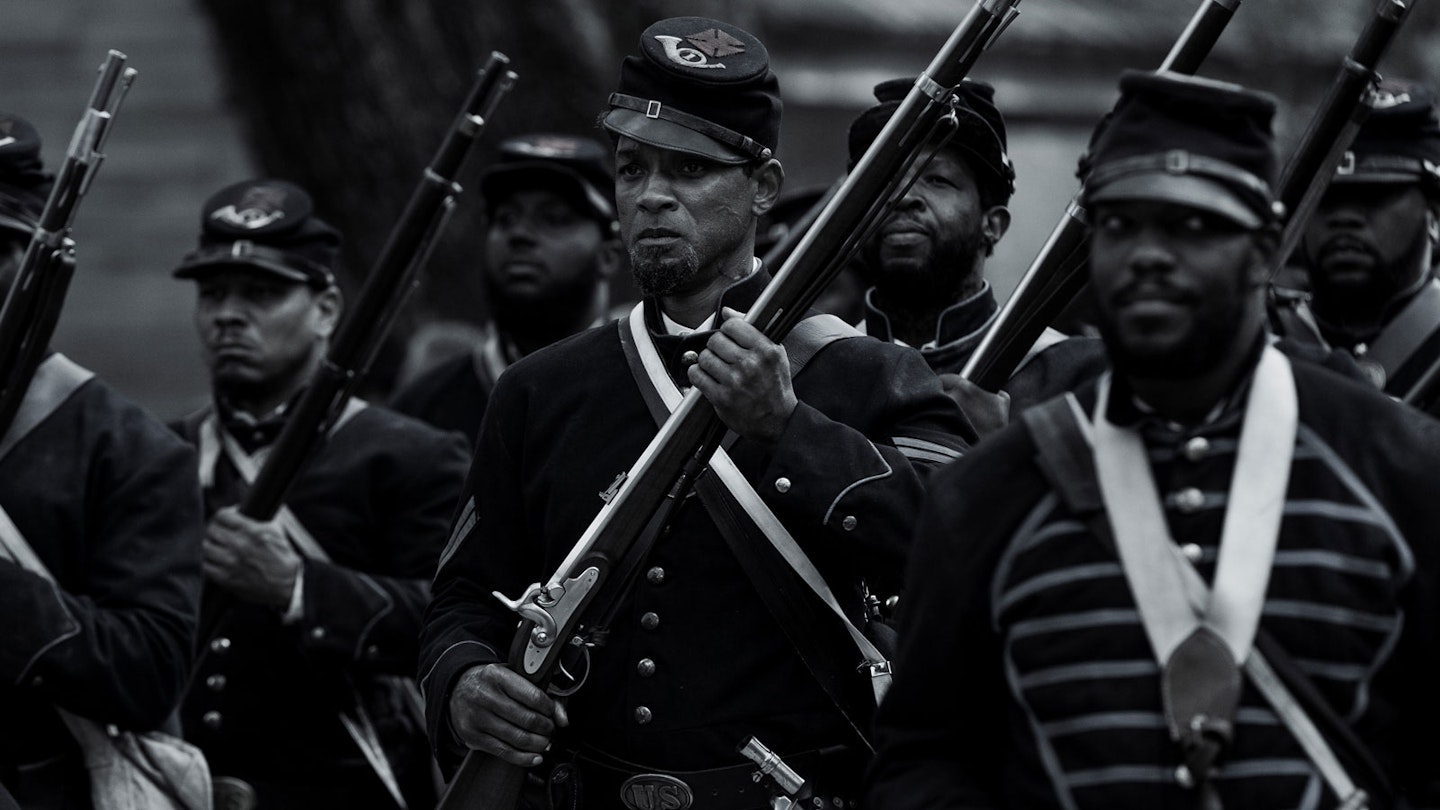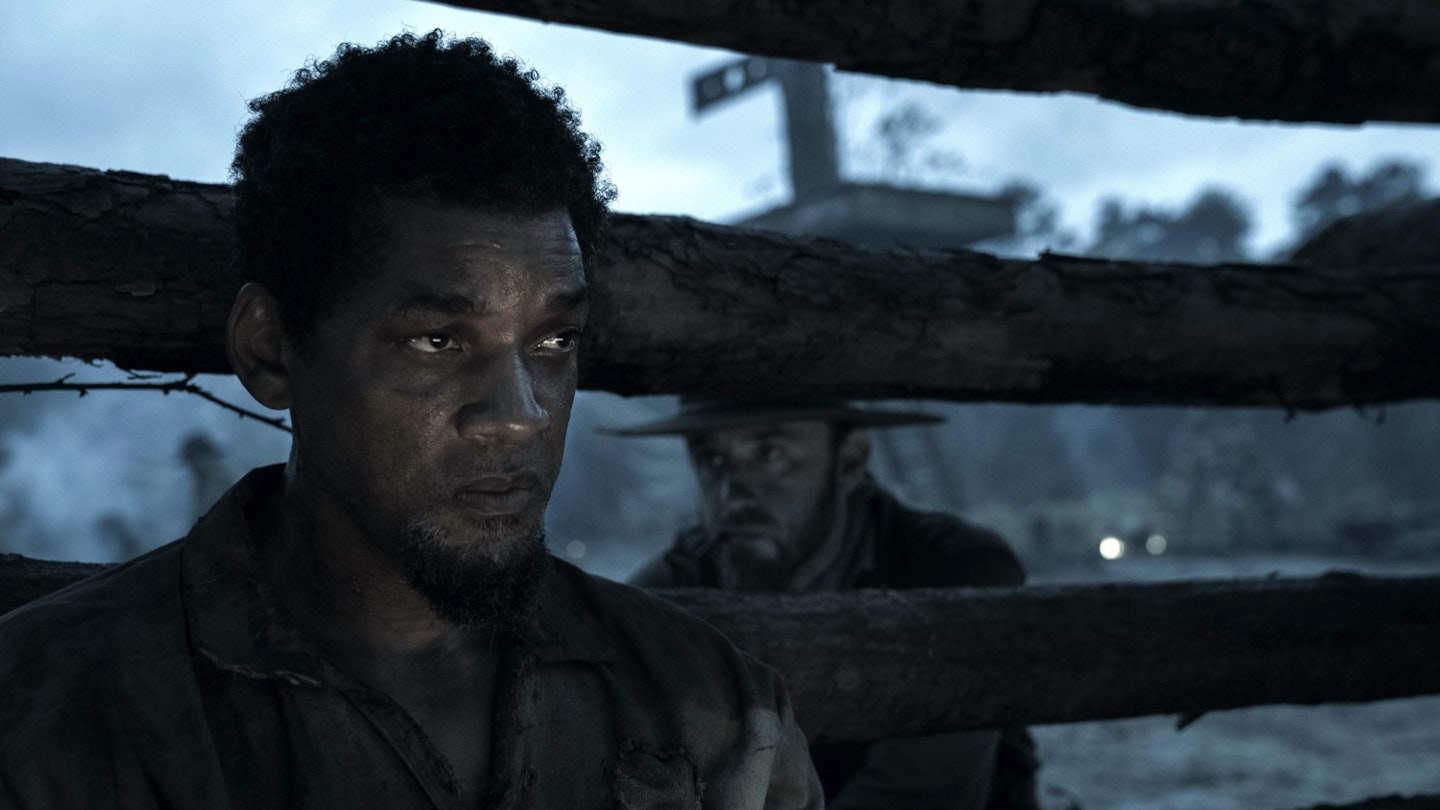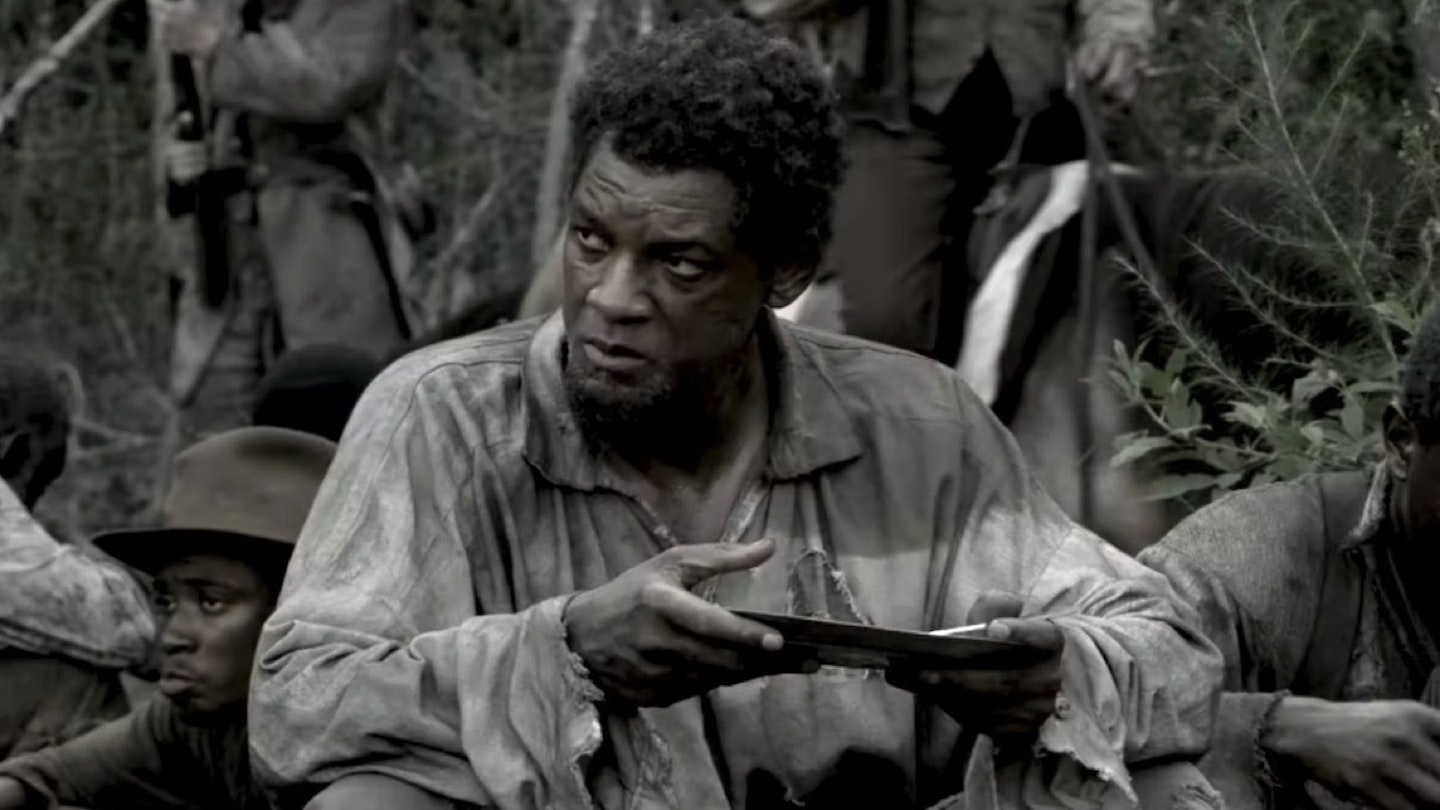Slavery is a near-impossible subject matter to get right on screen. To sugar-coat it is to effectively deny history; to depict it simply as it was, warts and all, would result in a stomach-churning viewing experience. Modern audiences already understand that slavery is immoral, so it can run the risk of feeling self-flattering for white audiences, while Black audiences might find it just traumatic. It is a delicate, sensitive road to tread, and only a few filmmakers — such as Barry Jenkins (The Underground Railroad) or Steve McQueen (12 Years A Slave) — have offered new insight into one of history’s most violent, shameful chapters.
With Emancipation, Antoine Fuqua boldly attempts a new take on that history, looking to tell the story of ‘Whipped Peter’, a real-life slave who became famous worldwide when his mutilated, heavily whipped back was photographed in the 19th century, and quickly became iconic, a galvanising symbol for the abolitionist movement. This is essentially a two-hour adaptation of a photograph, then, and William N. Collage’s script inevitably must take liberties with Peter’s story, the details of which are scarce. But Collage and Fuqua’s guiding principle — as that title suggests — is that this is a story of freedom: how one man escaped bondage, on his own terms, through sheer will and perseverance.

It’s a noble goal. But in order to set the scene, the filmmakers feel obliged to first give us the same horrific imagery common with nearly every film of this kind. So we must endure sequences of whipping, deathly screaming, hot-iron branding, cotton-picking in the midday heat, racial slurs spat from slave-masters, and worse — and that’s just in the first ten minutes. It’s so bluntly brutal as to be stripped of meaning.
What rescues the first act from simply seeming like cruelty-by-numbers is Will Smith. The temptation for Smith might have been to go big and attention-seeking; it’s admirable that he instead retreats inwards, a sea-swell of emotions barely cresting above an ever-resilient face. He can easily manage showy, muscular acting, but it’s in the moments of quiet — such as the silent prayer offered while rolling a corpse into a mass grave — that Smith truly impresses.
Fuqua finds thick tension and danger in every corner.
In both his face and physicality, Smith convinces as a man who could survive extreme hardship and sustain a sense of self. When Peter eventually rebels, having heard rumours of Abraham Lincoln’s Emancipation Proclamation, the film switches gears into a chase thriller, a cat-and-mouse game between Peter and the ruthless tracker Fassel (Ben Foster, excellent). This becomes the bread-and-butter of the piece, and while it still feels rather one-note — there are only so many ways to show misery, after all — Fuqua finds thick tension and danger in every corner. Everything, from alligators to small, rich children could be a threat.
The film is, undeniably, singular and sometimes overly simplistic in its approach. Fuqua, like Tony Scott or Zack Snyder, is primarily a visual storyteller, led more by his heart than his head, and there is possibly a version of this story from another director that could have been more probing, more insightful. (There is also, ideally, one that is less desaturated, the filmmakers opting for a washed-out sepia colour grade that aims for ‘historical tea stain’ but just looks a bit drab.)
Only in the final act does the film really hit its stride, when Peter stops running and seeks his freedom through military service in the American Civil War. This epic wartime closer — a vast, bloody battlefield, in which a Black US regiment fight for their very freedom — feels like a register Fuqua is most comfortable with, and while it’s no less relentlessly violent, it at least offers the nuanced understanding that escaping a master was only the beginning of the struggle, ending on a note of Braveheart-ian triumph. It’s only a shame, really, that it had to begin with such unrelenting inhumanity.


